My Opinion of Positive Affirmations for Kids
This post may contain affiliate links.
Have you ever shown kids how positive affirmations for kids can help them refocus? There is some truth to the idea that positive thinking can help you feel good and help your mental health.
I am NOT a fan of toxic positive thinking or the ridiculous notion that we can manifest good things if only we think the right good thoughts. That’s absolute crap, as evidenced by the ENTIRE WORLD. Anyone whose had serious health issues beyond their control can tell you — cancer, seizures, you name it — it was NOT their fault and negative thinking did not cause it.
That being said, even smiling can help us feel better inside. So can positive thoughts.
But it’s hard for kids and adults to be aware of their inner dialogues. Or to understand how much negative thoughts can lead to negative feelings. But it’s helpful to start to listen to our inner dialogues.
Ask kids to listen and see if they can figure out what are they telling themselves in their minds. Encourage them to keep listening even if they can’t figure it out at first. Remind them that it takes practice.
Kids knowing their internal world can be foundational to them as they consider changing negative thoughts into positive ones.
Mindfulness is being aware of what is happening at the present moment, including an awareness of our inner dialogues, sensory perceptions, and intentional behaviors. Once kids start to notice their self-talk, they might consider positive affirmations.
Positive Affirmations for Kids
Our self-talk is not always positive.
In Louise Hay’s book, I Think, I Am! Teaching Kids the Power of Affirmations, she explains how our thoughts affect us –in kid language: “When you say something over and over, you start to believe it is true; and what you believe creates what you do and what happens to you.”
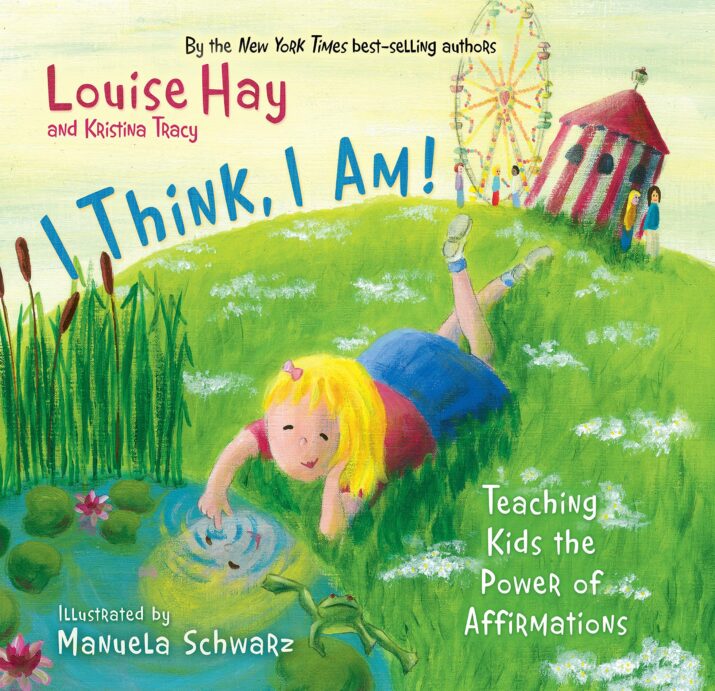
She writes that you can turn a negative though into a positive affirmation. Each two-page spread illustrates this beautifully. On one page she writes “When waiting around is not what you planned, you may start to have negative thoughts . . . This line is so long. We will never get in to the fair.” On the next page, she writes, “Picture the fun you will have and say . . . I MAKE TODAY GREAT!“
Kids and adults may connect to the examples in this picture book. Who hasn’t felt alone, unlovable, jealous, guilty, or apathetic — or some of the feelings associated with her negative self-talk examples? The author shows how to turn the thoughts around into a positive affirmation.
But Only Therapy Heals
Understanding the root pain of negative self talk is essential to healing and social-emotional growth. Positive affirmations for kids are not enough. They don’t heal the pain causing the negative self-talk. They’re only a bandaid.
What kind of therapy do I recommend for kids?
Play therapy, art therapy, and IFS therapy.
And Still, Positive Affirmations Might Be Helpful…
Ask your kids to write down the affirmations they find most meaningful. This could be in a journal, on a sticky note, or on a poster board.
My kids used Shrinky Dink paper and colorful markers and made keychains to hang on backpacks, belt loops, and jewelry.
Talk to your kids about how they feel when they say an affirmation. Do they like to say an affirmation in the mornings? Do they feel good when they say an affirmation? What if they add a deep breath, too?
Social emotional learning is so important. As children develop an understanding of feelings and knowing the feeling they are feeling in the moment, they’ll know themselves better and experience a richer life. It’s not fluffy, but the foundation for better academics, improved relationships, and better executive function.
KEEP READING

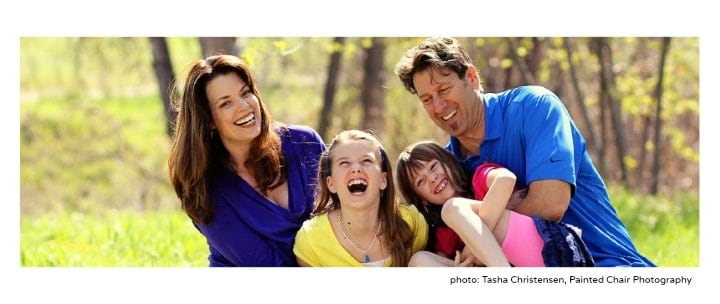
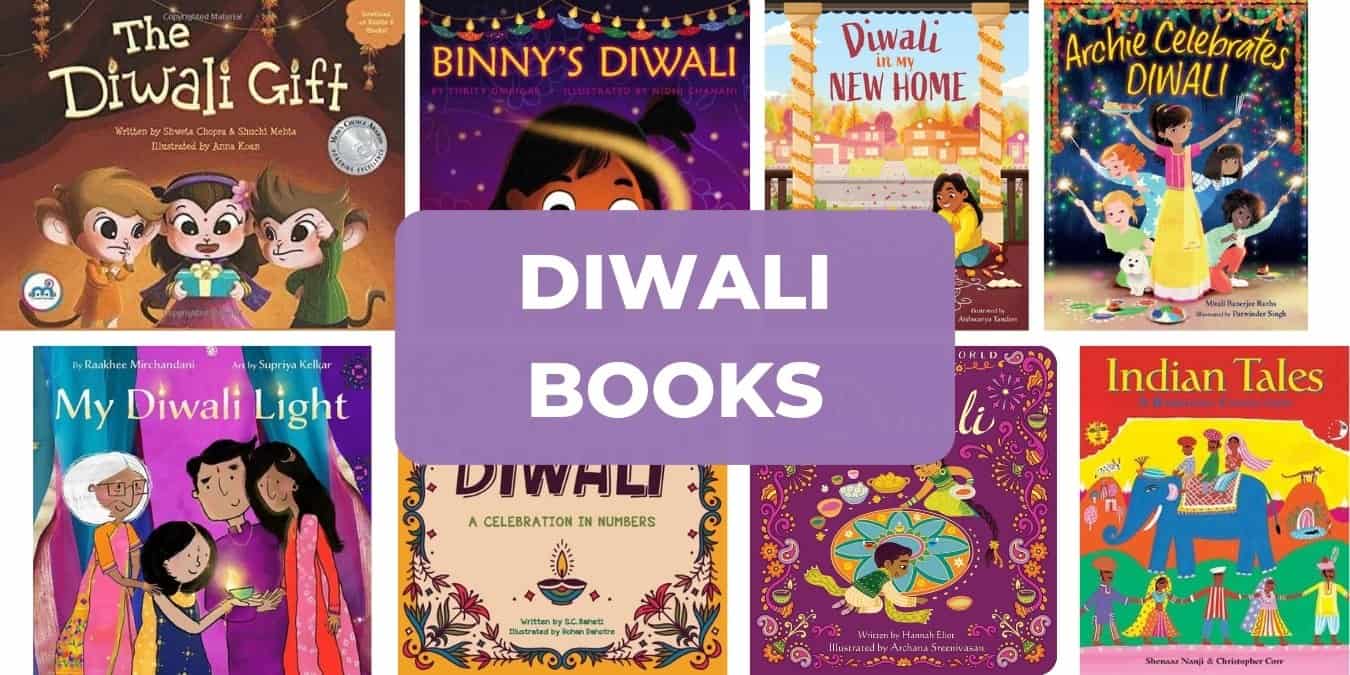
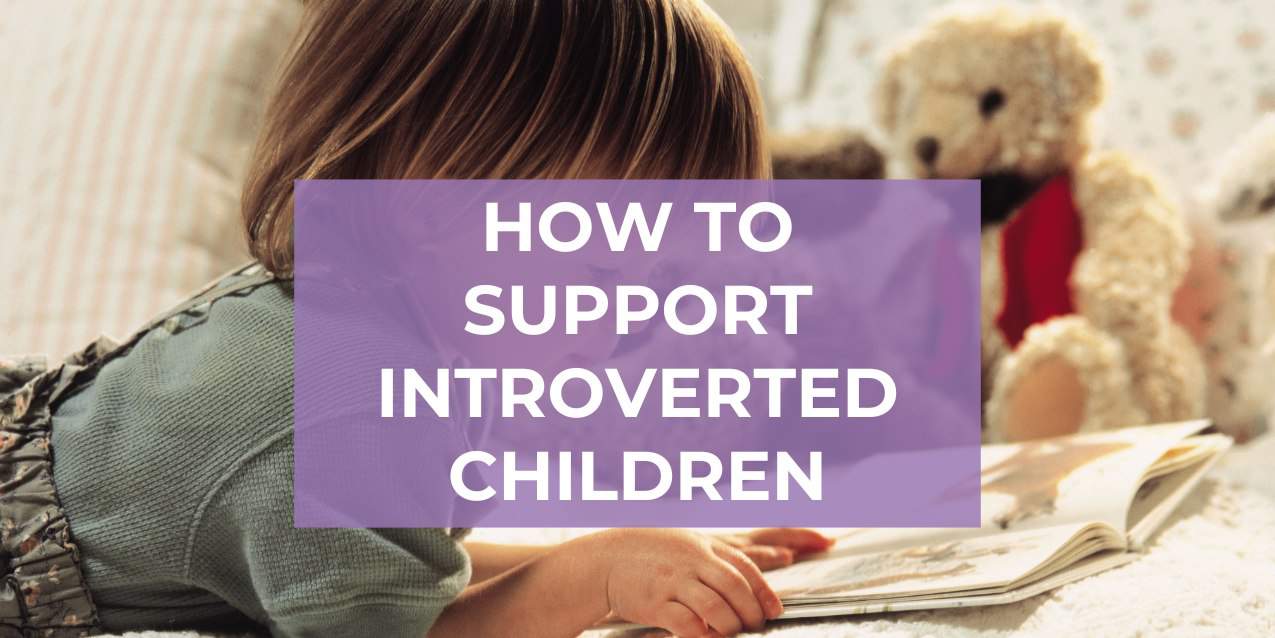
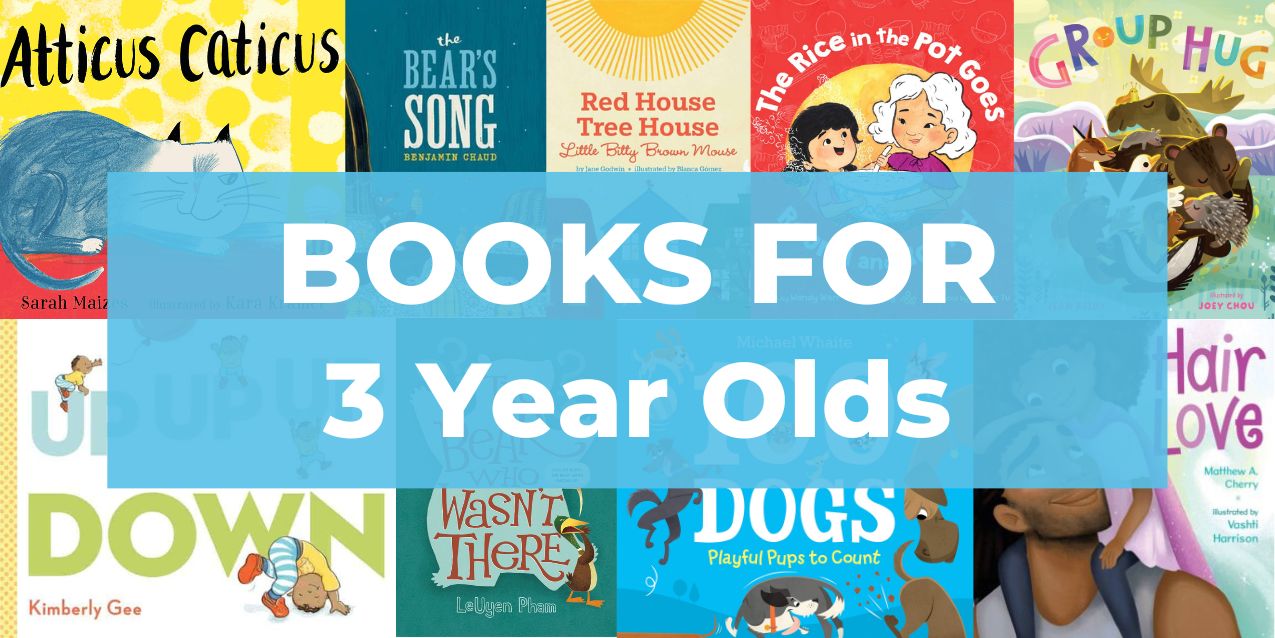
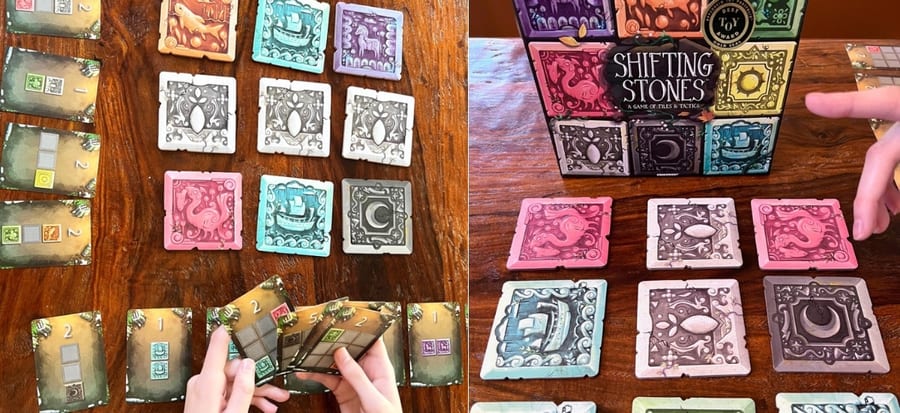
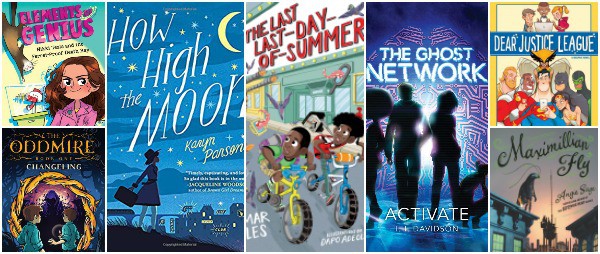
I love that you are addressing this with your children! Like you, I was well into adulthood before I realized how the thoughts I kept repeating so deeply affected my outlook and actions. Since my son is only three, for now I am mostly working on helping him identify and name his feelings, as well as making inferences about how other people might be feeling (family, story book characters, etc.)
Thank you for this series on mindfulness! Kids have so much coming at them every day, between peer pressure and wanting to be loved and accepted by their family, it can be difficult to keep a positive attitude.
It’s sad to see some kids self sabotage themselves. They want to belong, but feel like they are failing, when they should be celebrating their individuality.
We are learning so much about the brain, it’s exciting to see what was once considered something just for hippies, is now science-based. Of course, a lot of those hippies went on to discover all of this for us!
too true — go, hippies!
Yes, it’s exciting and powerful. I’m just reading Emotional Intelligence 2.0 with my 13 year old and it ties in the brain science with EQ as well. Love that!